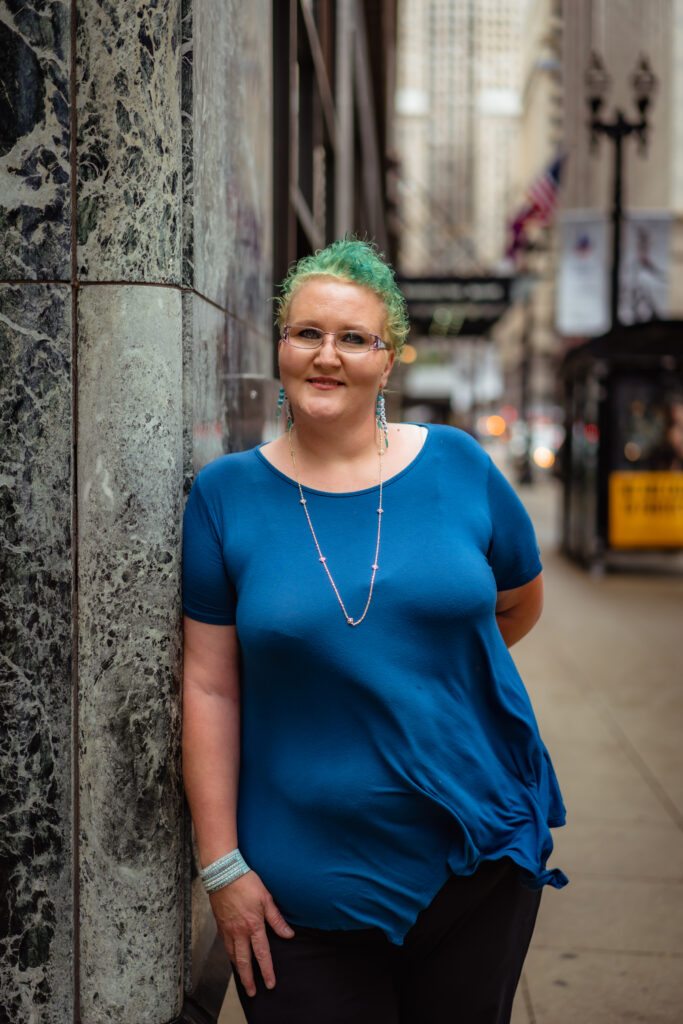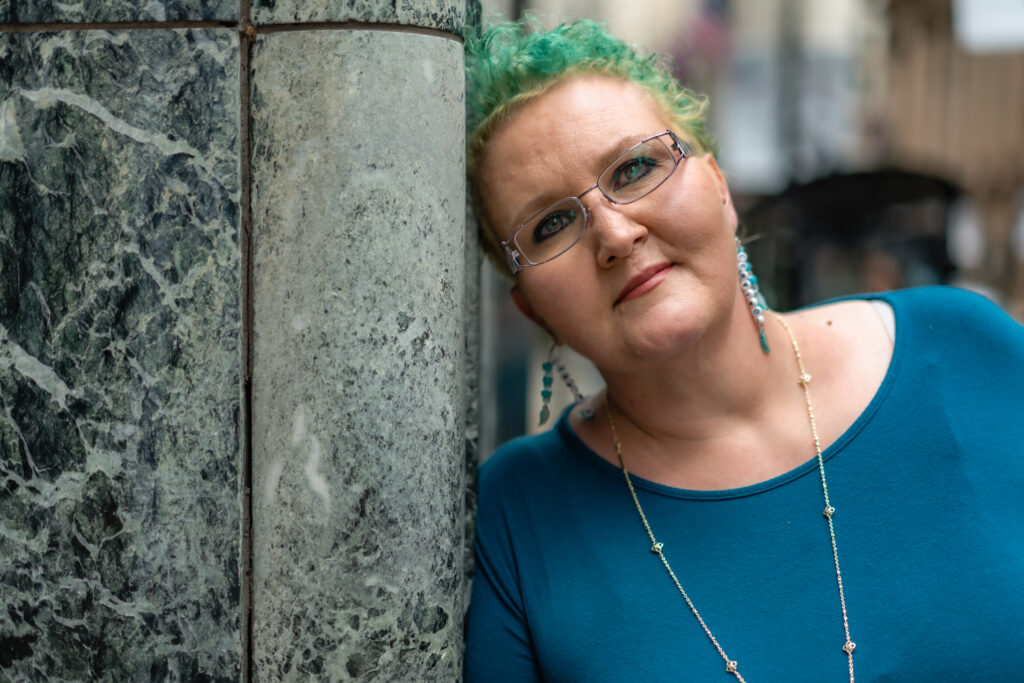Cervical Cancer Awareness Month (CCAM) is very much about advocacy, education and outreach. It’s about making our voices heard and about not allowing cervical cancer – and the toll that it takes – to be invisible or stigmatized. This is very much is the mission of Cervivor. Yet, there is also a quieter yet equally as important mission: to be here for each other, to be a support, a shoulder to cry on, an experience-sharer, and a place to go for connection with someone who has been in the same place, fighting the same disease.
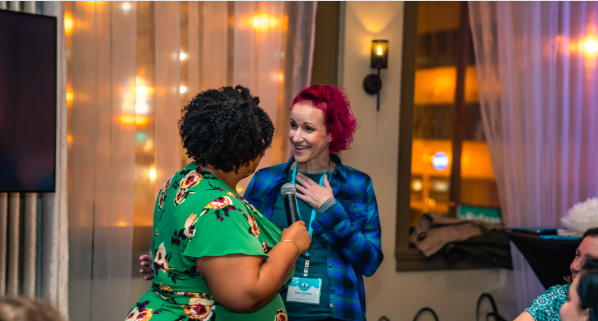
Cervivor’s video “Hey Girl” highlights the lifeline that the Cervivor community has been for so many.
“To the girl who’s just been diagnosed with cervical cancer, I want to say, ‘Hey girl – I’ve been there too.’ I understand what you’re going through. Your mind is spinning, you’re confused. I just want you to know that you are not alone,” says pink-haired Iowa-based Cervivor Ambassador Emily Hoffman to the camera, kicking off the video.
Emily shares some of her experiences with Cervivor support and connection below:
Q: How did you plug into the support network of Cervivor? What does it mean to you?
It’s funny that I’m in a video that will be shared across social media, as I am not active on social media at all. I don’t use Facebook or Instagram or Twitter. I also wasn’t active on it back when I was diagnosed with cervical cancer in 2013 at age 30. I’d gone through diagnosis and treatment alone, without a supportive community to connect with, share with or learn from. I didn’t know that I needed it. I didn’t realize how alone the disease had made me, and how alone I had made myself.
I first found the Cervivor website in early 2014 a few months after my treatment ended, and I spent the next 24 hours on it! At the time, I was experiencing so many side effects from my radiation. On Cervivor.org, I finally found ‘my ladies, my community.'” I read every story, every page of the site. I clicked on the link to CervivorTV on YouTube and I watched every episode. I literally stayed up all night. That was the first time I’d found other young adults with cervical cancer. The website became my lifeline! The website became my connection to other young women who had been where I’d been and had gone through – and were going through – the same thing I was. I no longer felt alone.
Through Cervivor events and events like CancerCon, I met others in the Cervivor community. The people whose stories I’d benefited from online became real to me. They put me in touch with other cervical cancer survivors. Suddenly, I had women just like me to talk to, to call, email, and text.
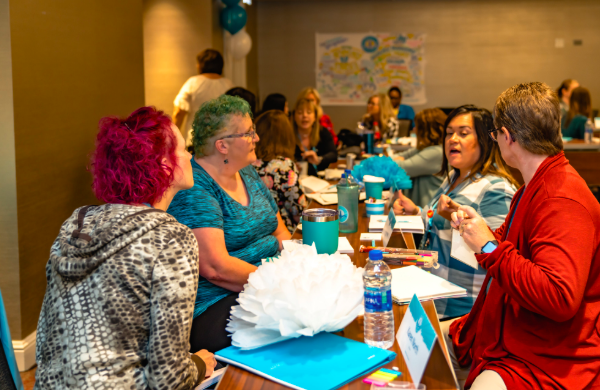
Today, six years later, I am a Cervivor School graduate and a Cervivor Ambassador. I’m still not on social media, but I’m connected in so many other ways. If I have a worry or frustration or scare – I have people – via email, text, phone and in person – to reach out to who ‘get it.’
Q: How did you come to be the face of the “Hey Girl” video?
One of the activities I participated in at the 2019 Cervivor School was to write a letter to a woman who was newly diagnosed with cervical cancer. I guess my letter moved people, because the next thing I knew, I was asked to record and film it!
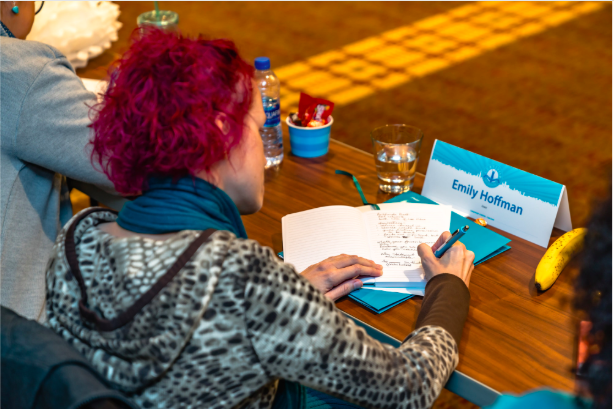
Because we were writing to an anonymous woman, I struggled with how to start the letter…so I sort of naturally landed on “Hey girl” as a greeting, because it felt informal, friendly and inviting. Little did I know that “Hey girl” is actually a popular internet meme – which people told me later – that features Hollywood heartthrob Ryan Gosling saying all sorts of romantic stuff. Maybe that’s why my letter got such a good response, without me even trying.
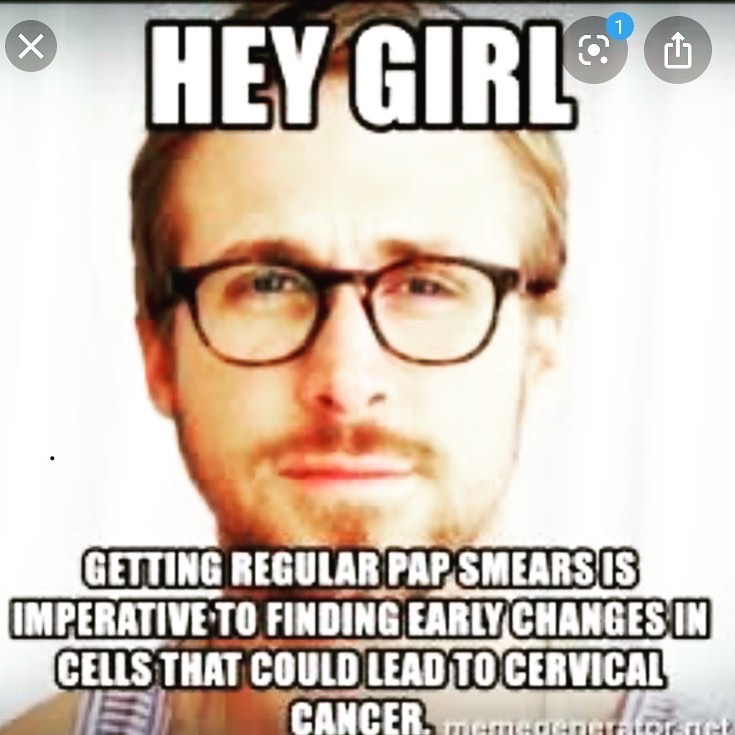
While people have shown me the Ryan Gosling memes (they really are quite funny!), my own “Hey girl” message is no joke. It’s true, personal and heartfelt. Women need to know that they are not alone. Women undergoing diagnosis and treatment – and the after effects of treatment – need to know that there is a whole community of women – a whole organization of Cervivors – here to support them.
Q: Six years after your cancer diagnosis, how do you plug into the Cervivor network of support today?
I take great comfort in knowing my Cervivor community is here for me. I have the phone numbers of many of the women I’ve connected with, that I carry with me wherever I go, for whenever I may need them. For example, when I come out of an oncology follow-up appointment, I know who to text. In fact, recently my doctor said something not bad, but not particularly comforting – something I wasn’t exactly sure how to interpret despite my questions. It sent me spiraling. So I sent a text out and I got responses back in two minutes. That’s all I needed. They heard me, they got it. They put me at ease in a way no one else could at that moment. In this community, we can always be unfiltered and never need to worry about judgement.
Now, being active in the Cervivor community gives me a sense of purpose as a cancer survivor. It enables me to use my experience to make a difference to other survivors. This video will make a difference!
About Emily
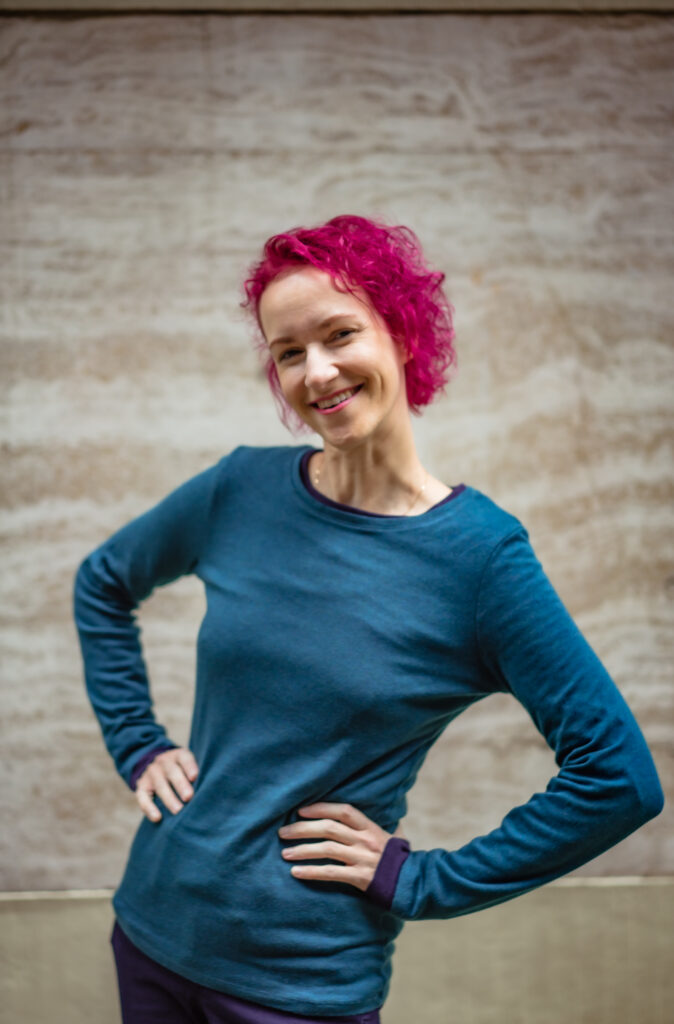
Emily is a 6+ year cervical cancer survivor and Cervivor Ambassador who is also involved with the Iowa Cancer Consortium and Iowa Department of Public Health on cervical cancer prevention initiatives. Read her Cervivor story.
